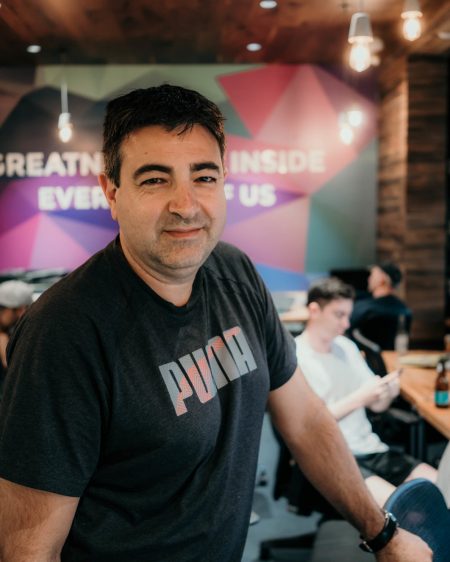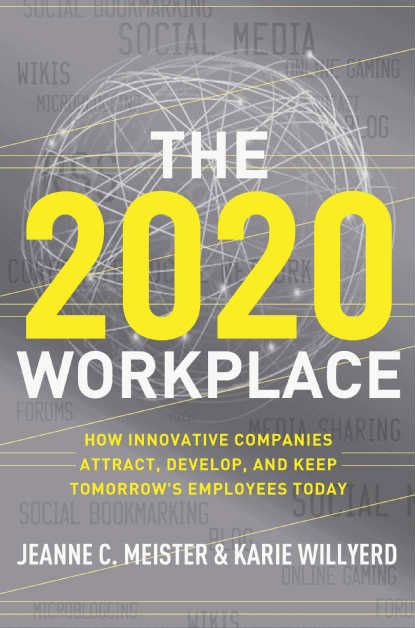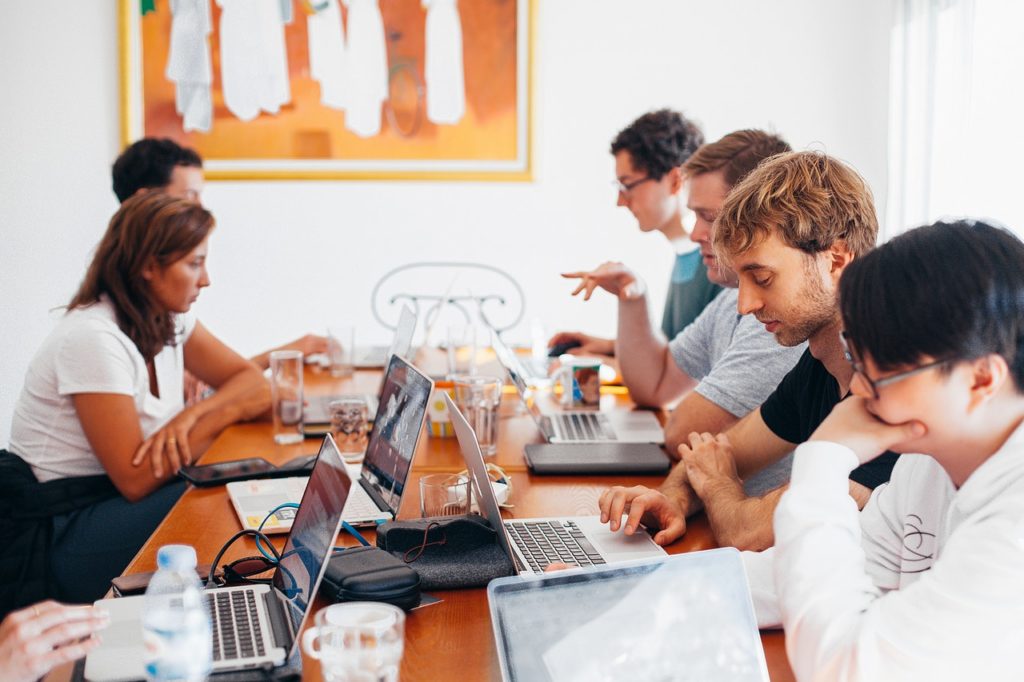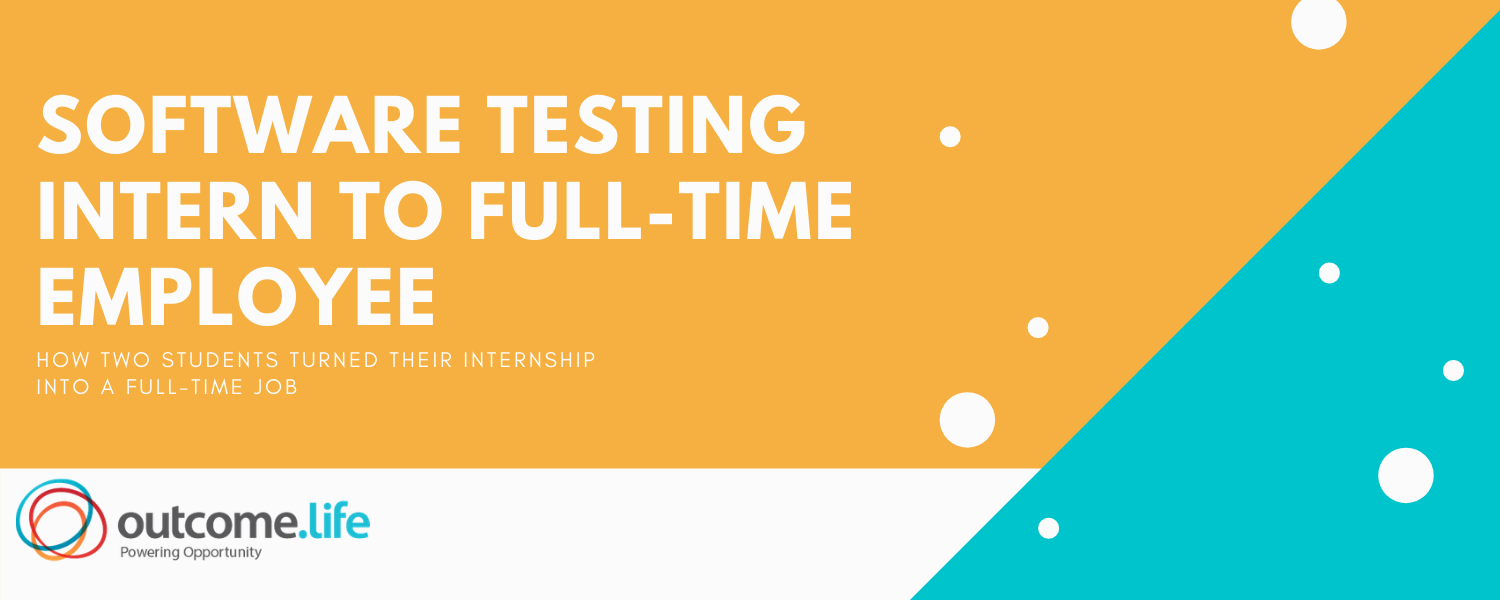
In late 2010...
I remember reading a book titled “The 2020 Workplace”.
The book was a summary of interviews conducted by the authors Jeanne C. Meister & Karie Willyerd with hundreds of forward-thinking CEOs as they prepared to lead their businesses through the next decade.
I was so taken by what I read, I summarised the top 20 predictions of what our workplaces would look like in 2020 and passed it onto my senior staff. I told them, “If what we do doesn’t align with what is in this book, we ain’t doing it!”
Now, having plenty of time on my hands thanks to COVID-19, I took some time out to look back on the predictions of 10 years ago to see how accurate they were. Remember, some of the biggest and most successful tech businesses in existence today, like Zoom, Monday and Instagram, didn’t even exist when experts made these predictions!
But you could have knocked me over with a feather! When I re-read this stark warning in Chapter 8:

Creepy amazing, I think you’d agree!
So, if 100 CEOs can predict a COVID-19 type pandemic that would be the catalyst to redefine our workplaces 10 years before it happened, I wonder how accurate they were with their other predictions?
I’ll let you decide. Here are their top 20:
- You will be hired and promoted based on your reputational capital
Your personal brand, expertise and the breadth, depth and quality of your social networks will be vital in getting a job in 2020. - Your mobile device will become your office, your classroom and your concierge
- The global talent shortage will be acute
Fast-breaking technological breakthroughs in new products and services will create a huge demand for new jobs with more complex skills. - Recruiting will start on social networking sites
Questions from employers will include: How many followers do you have on LinkedIn? How many people have recommended you on LinkedIn? Have you turned any of your followers, connections or friends into new business? Do you blog regularly about issues related to your job or industry? Have you participated in any innovation events? - Web computers will force corporate offices to reinvent themselves
Knowledge workers will increasingly elect to work at “third places”. Not at work or home, but informal public spaces such as cafes, coffee shops and coworking spaces.


- Companies will hire entire teams
Instead of individuals, to tackle big business problems. - Job requirements for CEOs will include blogging
The fastest way to communicate broadly with customers and clients will be via social media (right, Donald Trump?!) - The corporate curriculum will use video games, simulators and alternate reality games as key delivery models
Corporate training will be transformed into a nimble, fun and highly collaborative experience, to develop leadership and complex critical thinking skills. - A 2020 mindset will be required to thrive in a networked world Employees will communicate, connect and collaborate with one another, around the globe, using the latest forms of social media, working in virtual teams, to solve problems and create new ideas. Other mindsets needed will include: Social Participation, Global Thinking, Ubiquitous Learning, Thinking Big, Acting Fast, Constantly Improving and Embracing Cross-Cultural Power.
- Human resources’ focus will move from outsourcing to crowdfunding
A bit like the open source community, rather than outsourcing problems to third-party providers or consultants, companies will empower their communities to provide solutions to their biggest problems.
- Corporate social networks will flourish and grow inside companies
Millenials and Gen 2020 will demand access to external social networks. Forward-looking companies will exploit the power inherent to social networks to attract new staff, develop new skill sets, support and enhance team knowledge, drive collaboration and improve innovation. - You will elect your own leader
Companies that allow employees to elect their own leaders have become the “employers of choice”. - Lifelong learning will be a business requirement
Lifelong learning will be required to continually update one’s skills for both current and future roles - Work-life flexibility will replace work-life balance
Uber-connectivity and virtual workspaces will allow employees to choose the times of day to work that suits them. - Companies will disclose their corporate social responsibility programs to attract and retain staff
Increased focus on people, planet and profit.


- Diversity will be a business issue rather than a human resources issue
There will be a focus on multicultural talent. - The lines between marketing, communication and learning will blur
Companies will create online learning that not only teaches customers how to use their products, but builds brand loyalty along the way. - Corporate app stores will offer ways to manage work and personal life better
- Social media literacy will be required for all employees
- Building a portfolio of contract jobs will be the path to obtaining permanent, full-time employment
How do you think they went? Not bad for 10 years ago! I can’t imagine trying to predict, in such detail, what the world would look like in another 10 years.
10 out of 10, or should I say 20 out of 20, to Jeanne C. Meister and Karie Willyerd and the CEOs they spoke to. I can’t wait to get my hands on “The 2030 Workplace”.
Source: Meister, J. C. & Willyerd, K. (2010). The 2020 Workplace. Harper Collins.

Domenic Saporito is the co-founder of Outcome.Life and GADA Technology. Dom has started, run and sold many businesses throughout his career, ranging in industry from property to tech, and even golf! As a business owner, product developer and chartered accountant with 15 years’ experience in the recruitment industry, Dom enjoys sharing his knowledge, insights and advice with international students looking to enter the job market in Australia.
If you have any questions...
The Outcome.Life team are always here to answer any questions or help with any problems you might encounter during your internship.
You can contact us between 9am – 5pm, Monday – Friday at:
Phone: 03 8899 7424
Email: hello@outcome.life














